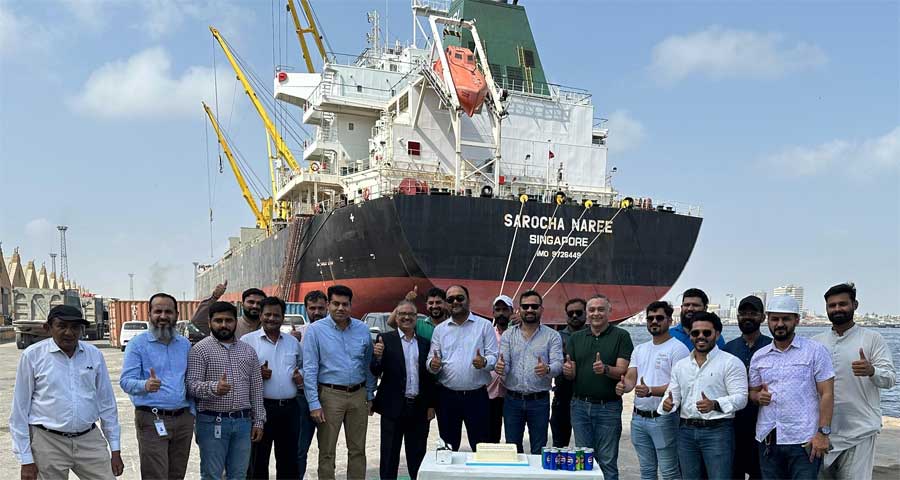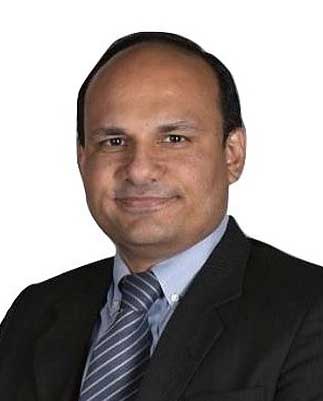Monitoring Desk
KARACHI: The Sindh government has announced an increase in the rate of provincial sales tax on services by 2 percentage points, raising it to 15% effective from July 1. This move is expected to exacerbate inflation as it is an indirect tax that disproportionately affects low-income groups.
The government estimates that this hike will generate an additional Rs120 billion, bringing the total SST collection to Rs350 billion for the fiscal year 2024-25.
Additionally, the government has aggressively increased the rate of professional tax on personal income and some services by 300%, raising it to Rs2,000 per year. Taxes on imported and locally manufactured vehicles have also been significantly increased by up to Rs450,000 per unit.
The professional tax on petrol pumps and CNG stations has surged by 300% to Rs20,000. Tax on domestic air tickets has been raised to Rs2,500 each and to Rs1,000 each on international travel.
According to the provincial Finance Bill 2024, the provincial government has announced reductions in the rate of taxes on digital services, particularly those at restaurants and on telecom services, to promote the digital economy.
Unveiling the provincial budget for 2024-25, Sindh Chief Minister Murad Ali Shah announced a balanced budget with total projected expenditures equal to the estimated resource mobilisation at Rs3.06 trillion. Out of this, provincial tax collection is projected at merely Rs662 billion (almost 22%).
The Sindh government will generate the remaining 78% through federal transfers, bank borrowing, foreign project assistance (FPA), and carryover cash balances from the outgoing fiscal year 2023-24.
The government is rationalising the tax rates after a four-year gap to mobilise additional revenue, aiming to contribute to debt repayment, ramp up relief work and rehabilitation for households, and support development projects to spur economic growth. CM Shah said the need for social development and meeting international financial obligations requires raising additional funds from indigenous sources.
Accordingly, they have adjusted tax rates instead of imposing new taxes. “However, we have ensured to restrict its impact to a bare minimum on poor segments of society,” he claimed.
He proposed enhancing the standard rate of Sindh Sales Tax (SST) from 13% to 15% to harmonise tax rates with other Service Tax Administrations in Pakistan. “However, the exemptions and reduced rates of SST, where notified, shall remain effective.” To promote digitalisation, it is proposed to reduce the SST rate to 8% for restaurant services involving customers’ payments through digital means such as debit and credit cards, mobile wallets, QR scanning, etc.




